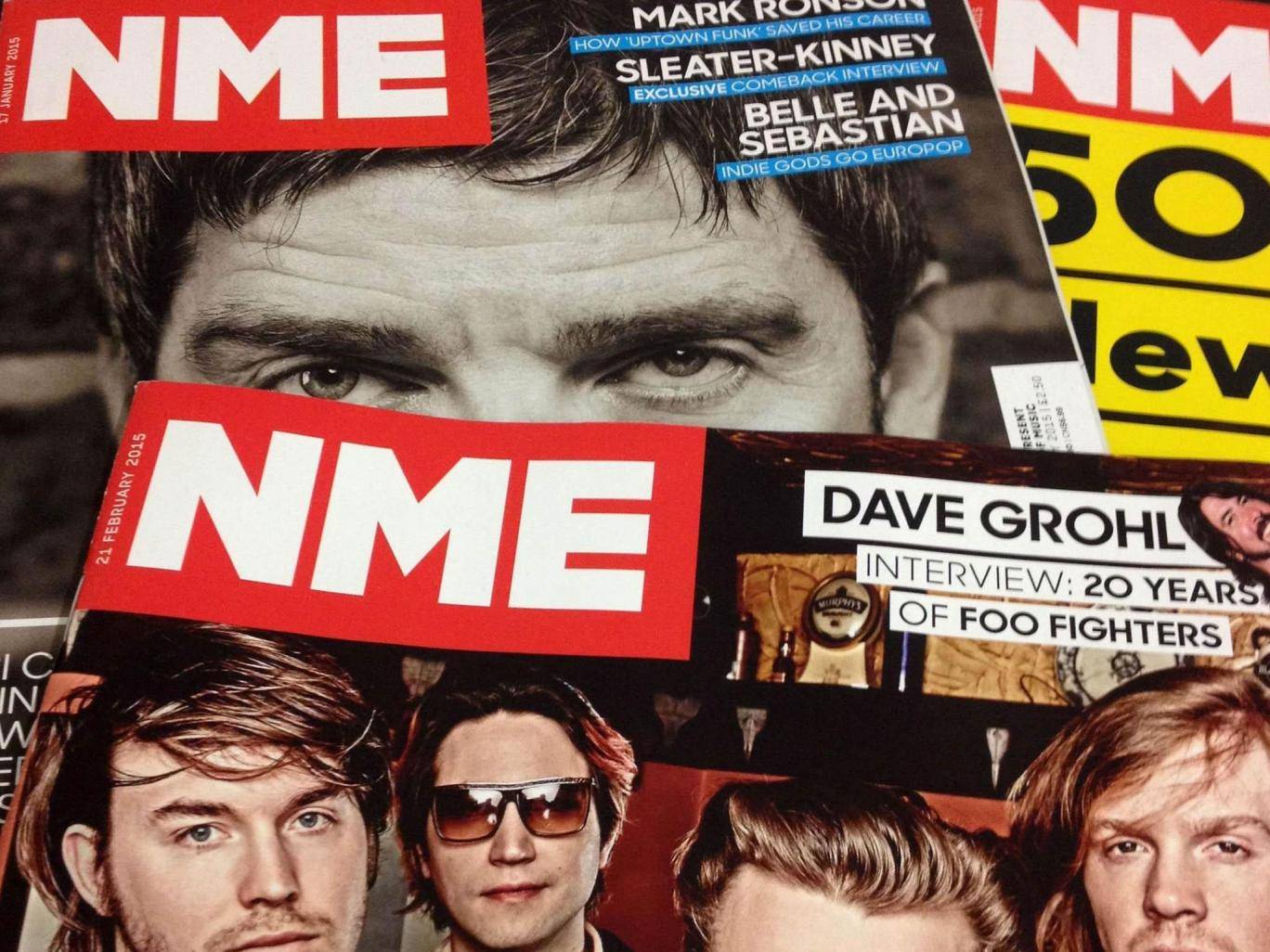NME have announced that this week’s issue (Friday 9 March) will be its final free print edition, in a pursuit to expand its digital audience. After 66 years of print publication, this is a revelation that highlights the sad decline of print journalism.
NME has been an essential companion for many UK music-lovers growing up, and has been a source of inspiration and guidance for young aspiring journalists. The ripped out pages of £2.50 NME’s remain blue-tacked to the childhood bedrooms of many, and it’s sad news for young music writers and photographers who aspired to have their work published in the iconic magazine.
Grew up reading NME avidly as a teenager and having my work printed in the hallowed pages of such an iconic magazine is probably the proudest moment of my career so far. I'm absolutely gutted.
— Nick Reilly (@NickJWReilly) March 7, 2018
Gutted to hear about NME’s last print edition. Followed it religiously as a kid and felt immense pride to have my work printed in those pages. Some brilliant people kept it going in the final years.
— Jamie Milton (@jamiemilton_) March 7, 2018
The publication is dropping print in order to pursue exciting digital projects, including two brand new radio shows and a new music marketplace, PledgeMusic. In an age where we receive the mass of our news on our smartphones, it’s only natural for a publication to focus on a digital platform. This development will surely accelerate growth for NME, consequently streamlining an invaluable platform for rising musicians and journalists alike.
Keith Walker, the Digital Director of NME, says:
“Our global digital audience has almost doubled over the past two years. By making the digital platforms our core focus we can accelerate the amazing growth we’ve seen and reach more people than ever before on the devices they’re most naturally using.”
Paul Cheal, Managing Director for MusicTime Inc. UK, added
“NME is one of the most iconic brands in British media and our move to free print has helped to propel the brand to its biggest ever audience on NME.com. At the same time, we have also faced increasing production costs and a very tough print advertising market. Unfortunately we have now reached a point where the free weekly magazine is no longer financially viable. It is the digital space where effort and investment will focus to secure a strong future for this famous brand.”
This is promising considering the steep turn towards corporatism that diluted NME’s content and prestige when the publication went free. In the right hands, the magazine and title is salvageable.
Meg Firth

